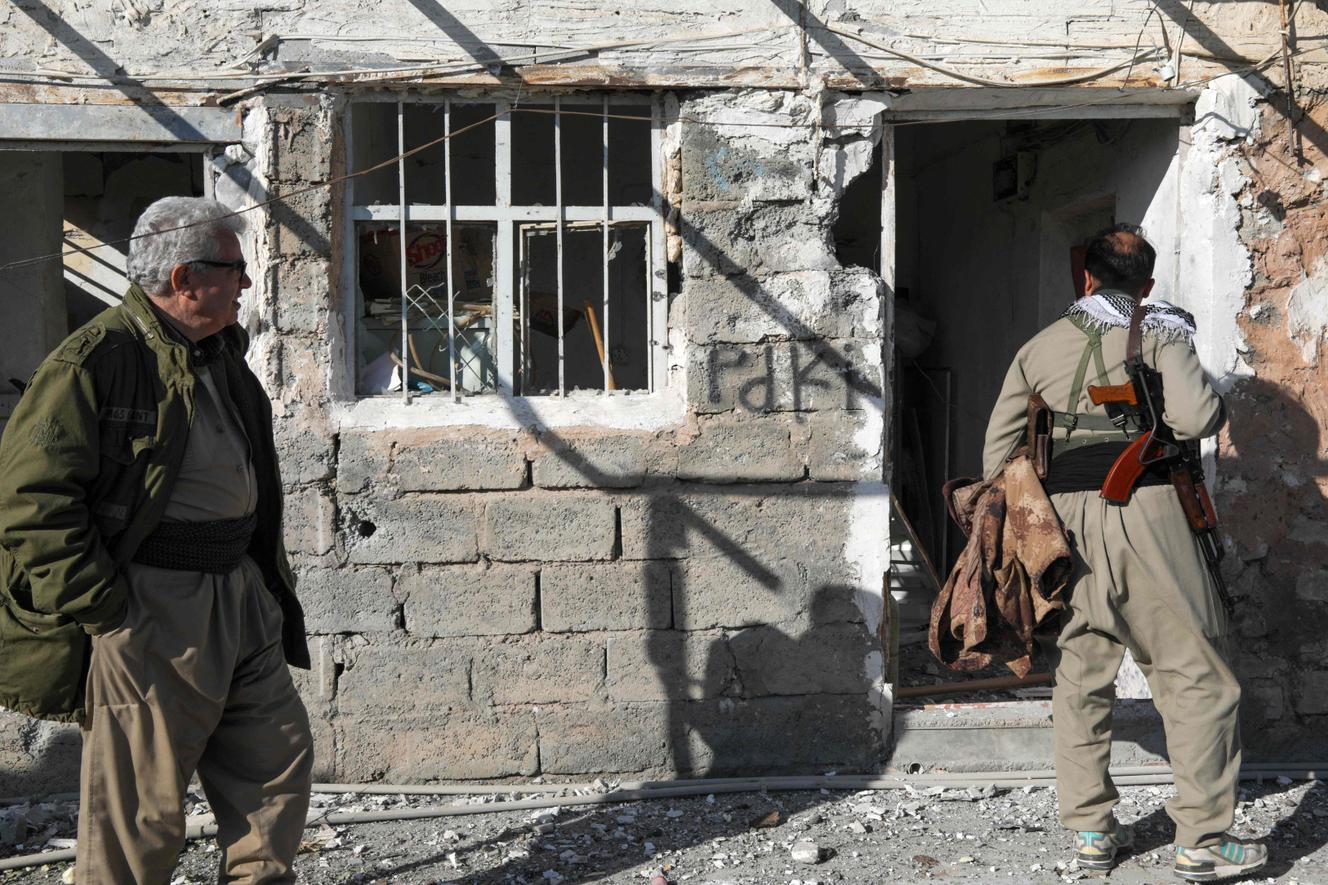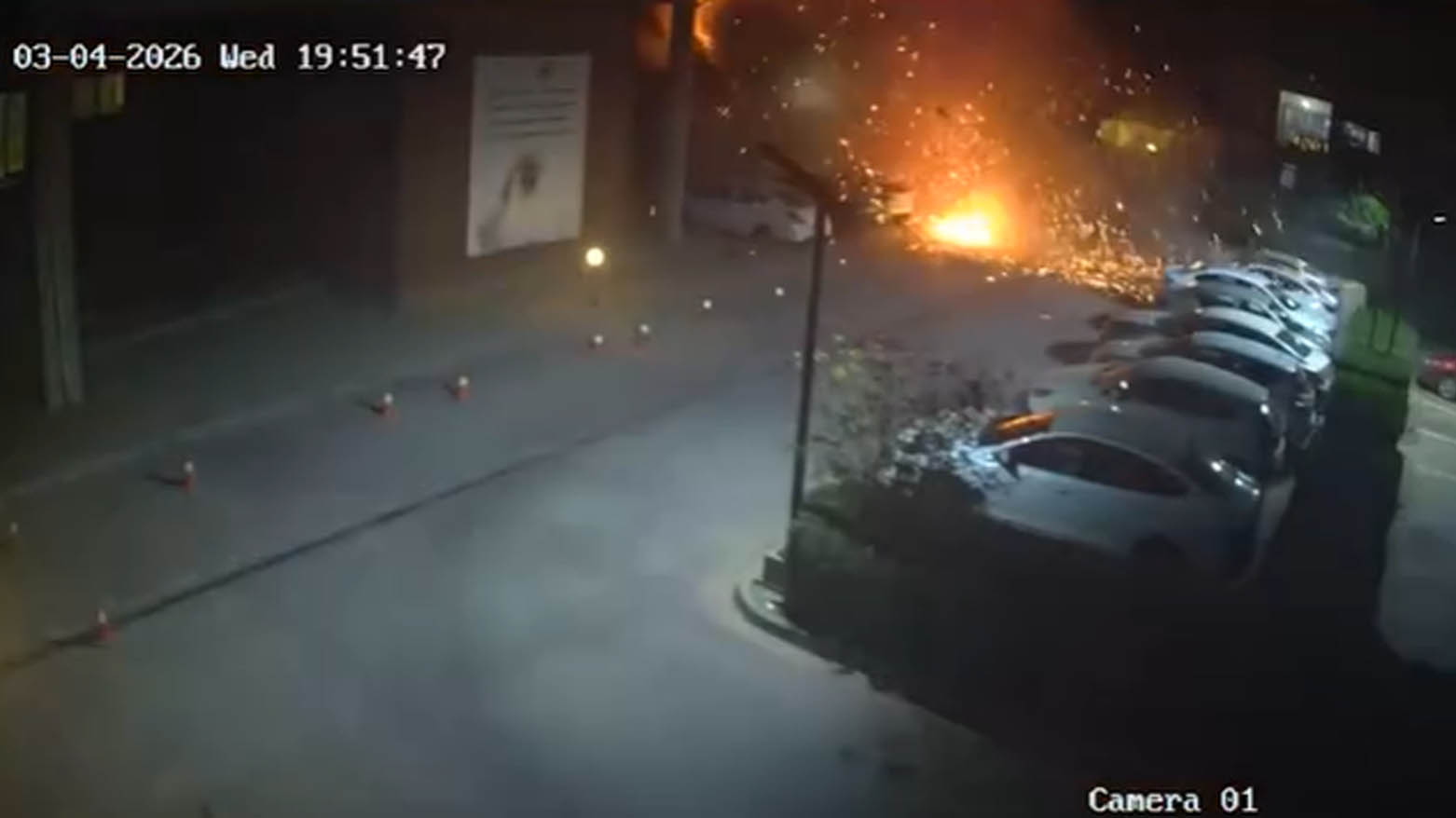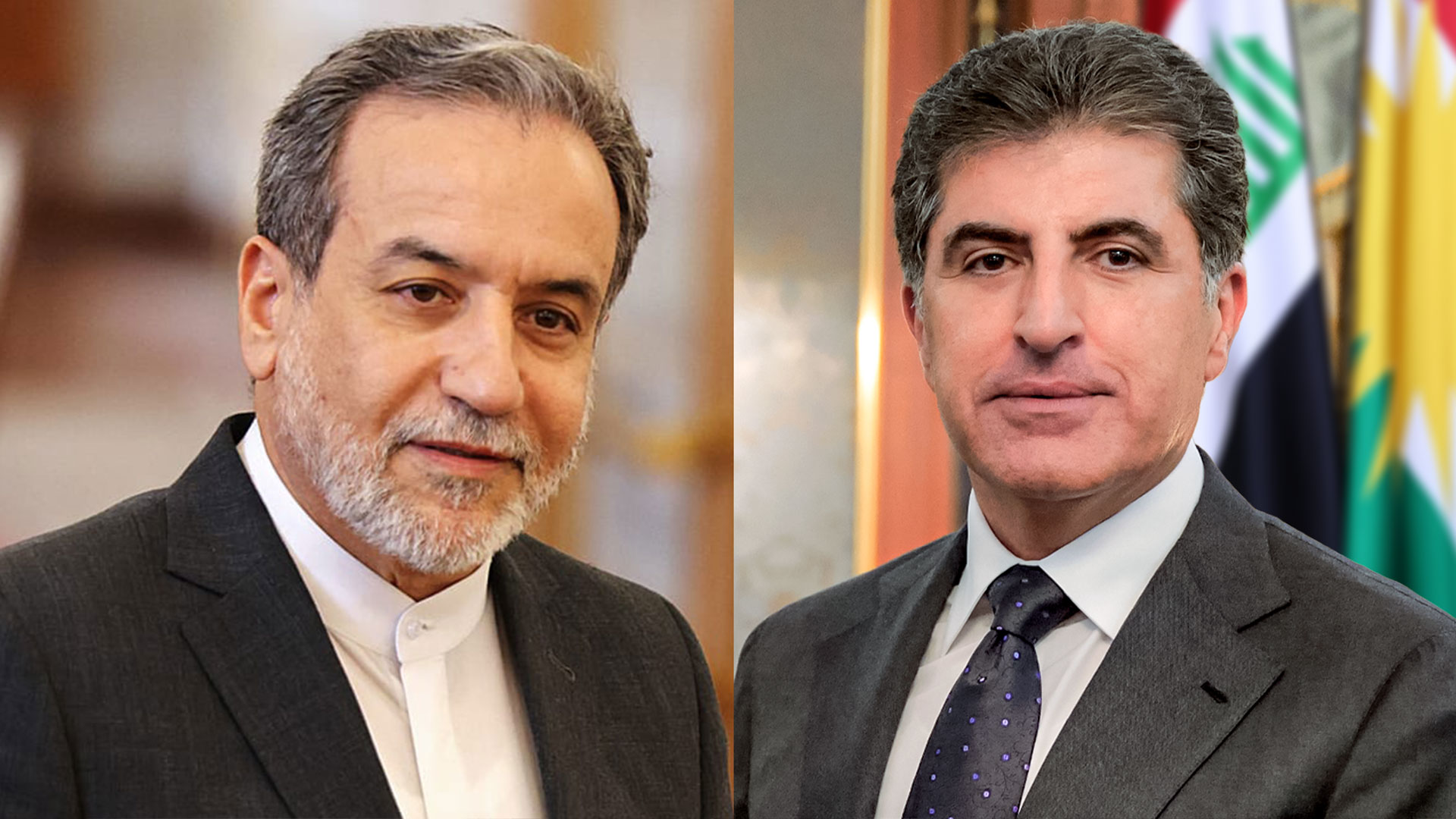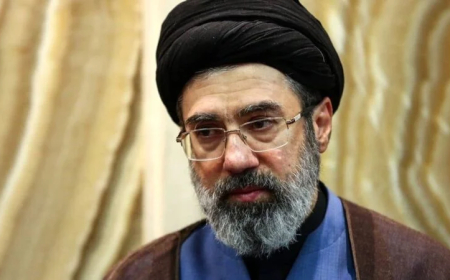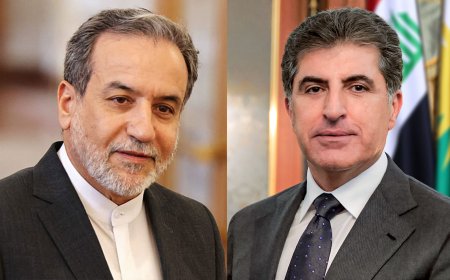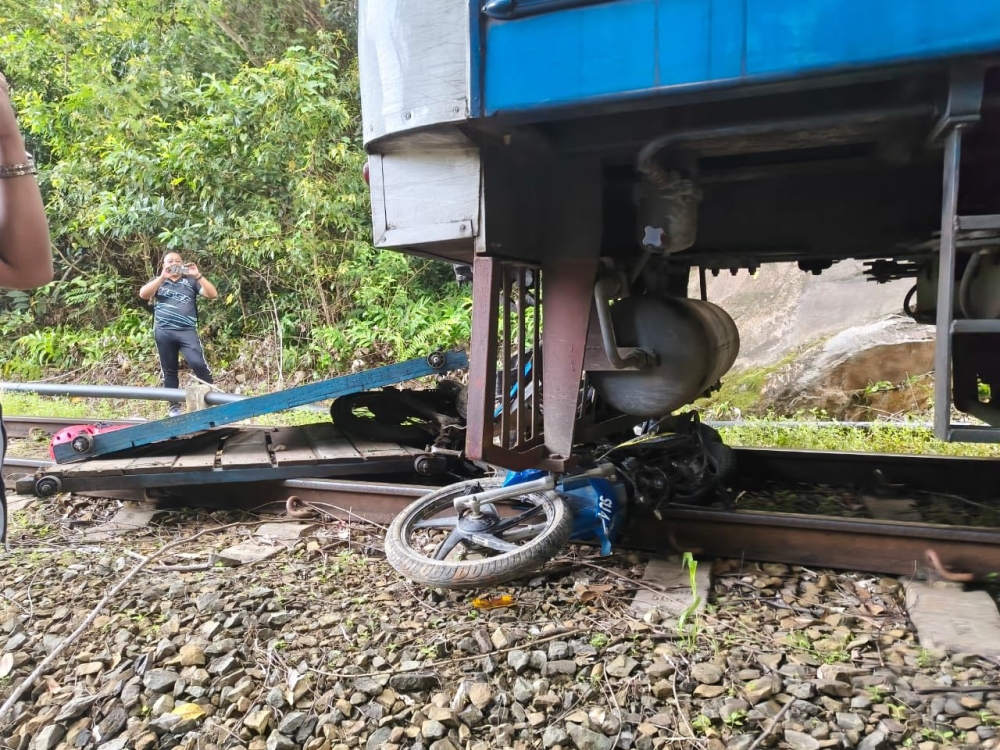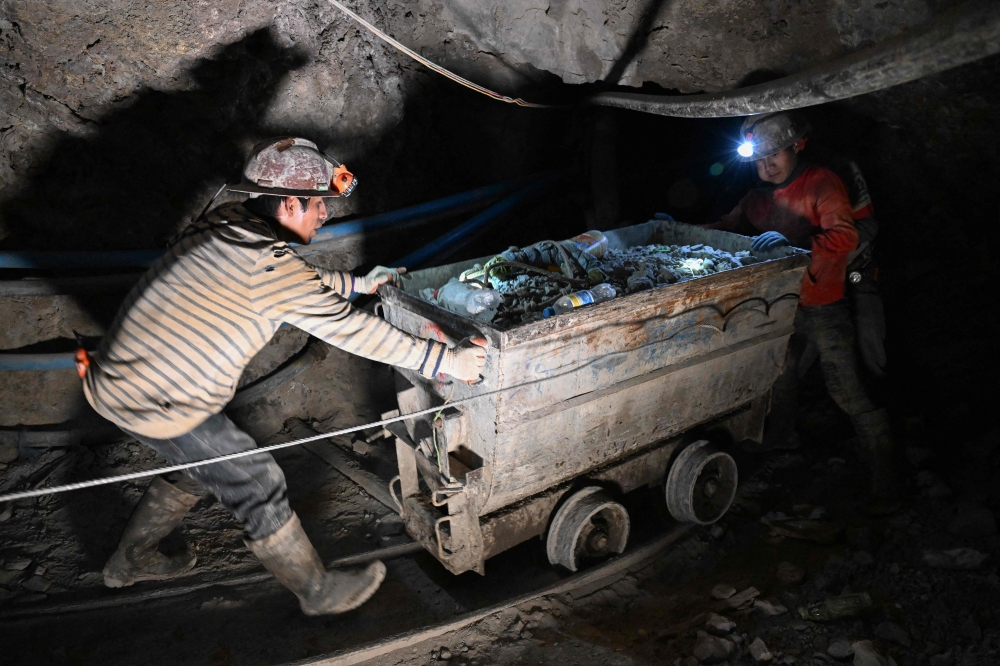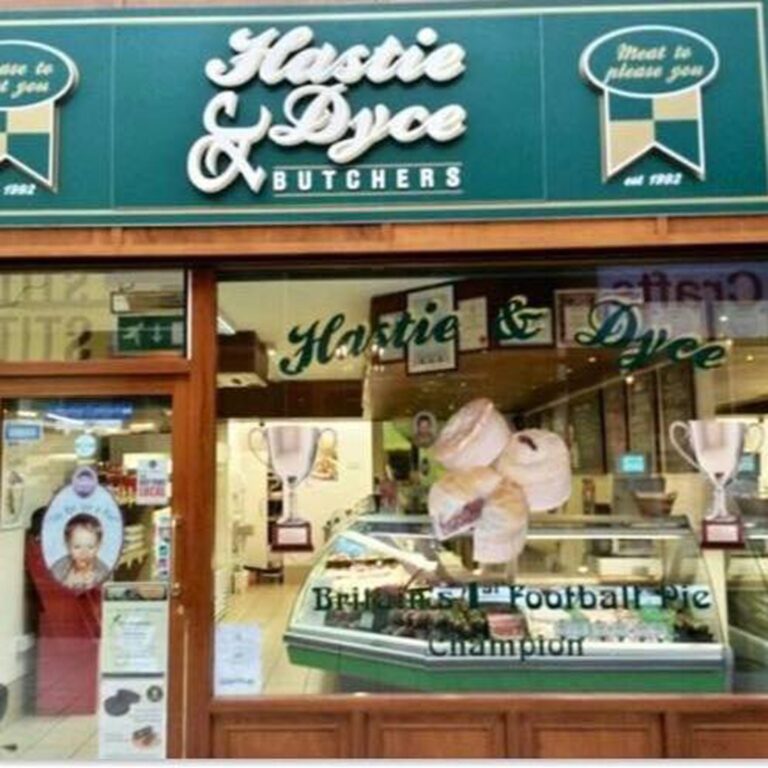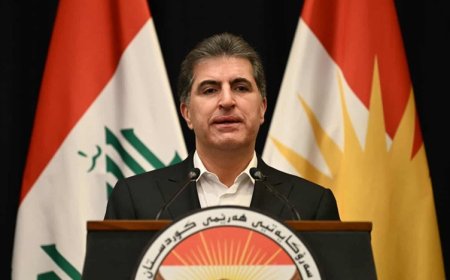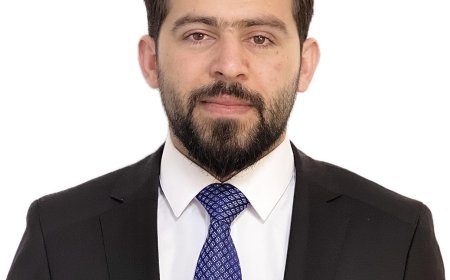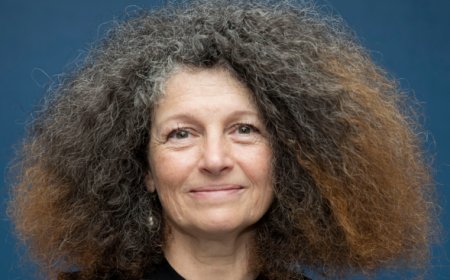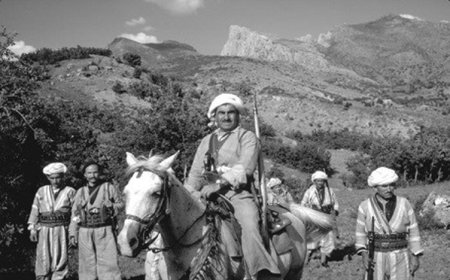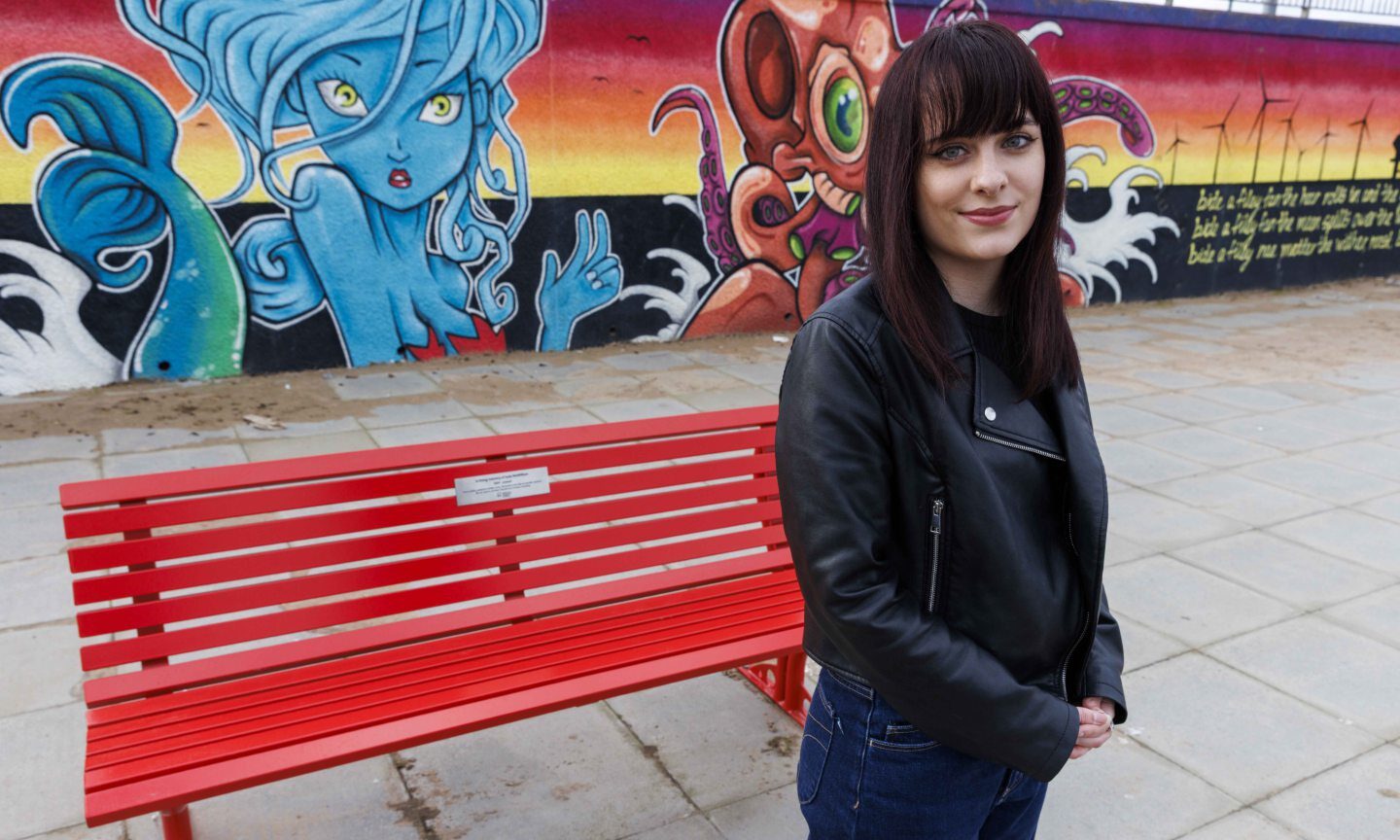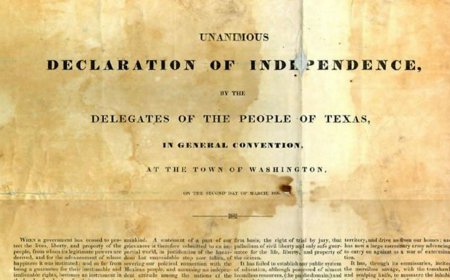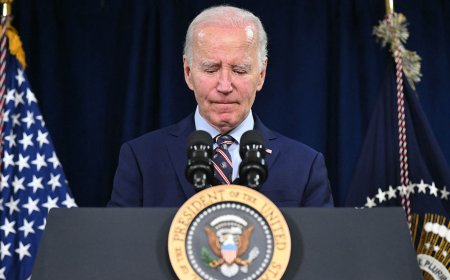Election is last gasp of Bolivia’s socialist dream
After years of Leftist rule, voters must now pick between two Right-leaning candidates in a presidential run-off

At a final campaign rally for Jorge “Tuto” Quiroga, the Right-wing Bolivianpresidential candidate, one theme was unmistakable: the US dollar.
A banner beside the stage read “dollars and gasoline,” while fake US banknotes bearing the 65-year-old’s face were handed out and thrown around like confetti.
“So that dollars finally circulate here again, we’re the only ones with a plan,” Mr Quiroga told a crowd of thousands, who had spent hours drinking and listening to blaring Andean music alongside bursts of fireworks.
After nearly two decades as one of Latin America’s most steadfast Leftist bastions, Bolivia is poised for a sharp political turn.
On Sunday, following an inconclusive first round of voting, a presidential run-off will see the public choose between two Right-leaning candidates: Mr Quiroga and Rodrigo Paz.
Whatever the result, the contest marks a final collapse of Bolivia’s socialist era.
Former president Evo Morales, once a Leftist Latin American icon, is now in hiding – sheltered by a community of coca farmers after being accused of fathering a child with a minor. Morales has called the allegations politically motivated.
Recent polls show current president Luis Arce’s approval rating below 20 per cent, while the candidate he endorsed in the first round took less than 4 per cent of the vote.
The implosion of the Leftist movement comes as a result of an economic crisis spurred by a lack of investment in the natural gas sector, one of the country’s main exports. Production has tanked, leading to dwindling reserves of foreign currency, inflation of more than 20 per cent and a growing black market for dollars.
The government does not have enough foreign currency to continue providing petrol and diesel at heavily subsidised prices, leading to the shortages.
“It’s becoming like a new Venezuela,” said Christian Silva, 25, at the Quiroga rally, referring to the similar economic crisis in the Leftist-led nation. “We’ve had a government that steals and this is the result”.
“My family has stopped eating meat, because we can’t afford it anymore,” another Quiroga supporter, Diego Bolivitrago, 19, said.
Mr Quiroga, who served as president between 2001 and 2002 after ascending from vice-president, has gained a following by portraying his movement as a clean break with the former socialist government.
His campaign has used slogans like “radical change”, and to refer to the shortage of dollars, “the central crisis”.
He has proposed requesting a $12bn (£8.9bn) loan from the International Monetary Fund (IMF), drastic cuts in public spending and gradual elimination of fuel subsidies.
Mr Quiroga has also advocated for closer relations with the US. Both run-off candidates have made trips to Washington.
“They always thought that we had to insult the Gringos,” Mr Quiroga said at his closing rally, using a common term in Latin America for Americans or foreigners. “No!”
Washington has welcomed the two US-friendly candidates in a country long governed by leaders sceptical of North American influence.
“After 25 to 30 years of anti-American, hostile government, both of the candidates running in that election want strong relations with the United States,” said Marco Rubio, the US secretary of state. He also described the vote as a “transformative opportunity”.
Mr Quiroga has also advocated for individual ownership over state-controlled natural resources like lithium.
Mr Paz, on the other hand, supports more moderate reforms, in an apparent attempt to appeal to disaffected socialist voters who remain sceptical of the Right.
He has used slogans like “capitalism for all” and the “50-50 agenda”.
Instead of individual ownership of resources, he supports the strengthening of the state lithium company.
Regarding the proposal to request an IMF loan, Mr Paz has said he does not support “begging for money abroad”. He only wants to reduce fuel subsidies by 60 per cent.
At a line for petrol in La Paz, the country’s capital, Fico Estrada, who had been waiting for two hours, said he had supported the Movement Toward Socialism party “from the beginning”.
But, in what he admitted would be a “massive flip”, the 62-year-old said he would be supporting Mr Quiroga this round, “because he seemed more intelligent”.
Jefferson Rojas, 26, waiting in the same line, had also supported the socialists previously, but this time would be voting for Mr Paz.
“Tuto [Mr Quiroga] had his moment and it didn’t go well, and I prefer someone new in politics”, he said.
[Source: Daily Telegraph]
